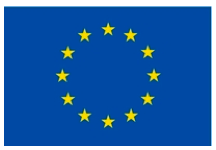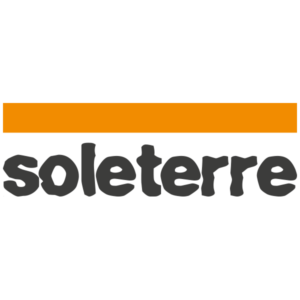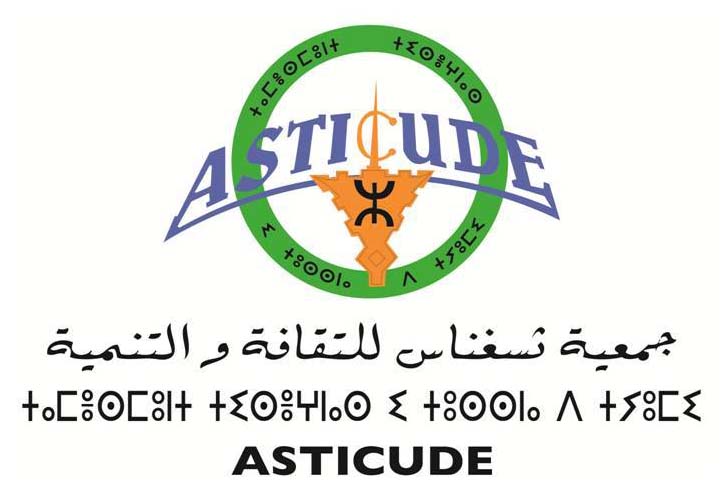WORK4LIFE
Location
Beni Mellal Khenifra region
Duration
2022 - 2025
Category
Migration, Socio-economic Empowerment
In Morocco, the socio-economic integration of migrants and refugees often encounters significant structural barriers. These barriers include difficulties in obtaining residence permits, restrictive hiring procedures for foreign personnel in companies, limited accessibility to public services for training and employment, financial challenges, as well as linguistic and cultural differences. Women and children, in particular, are more exposed to these vulnerabilities. Following the publication of the Report on the Condition of Migrants and Refugees in Morocco by the National Council for Human Rights (CNDH) in 2013, the country adopted a National Strategy on Immigration and Asylum (SNIA). This led to updates in the legal framework related to immigration and various regularization initiatives for foreigners within the national territory. Despite undeniable progress, results often remain contradictory, and several strategic aspects of SNIA are yet to be fully operational. The Caisse Nationale de la Sécurité Sociale (CNSS) reports that only 31.4% of migrants and refugees in Morocco have secured regular employment contracts. Consequently, most migrants are compelled to pursue their aspirations for emancipation by engaging in the informal or irregular economy. These individuals, often young and educated, are rarely reached by public entities responsible for supporting and guiding them towards suitable educational or professional pathways. Given the significant challenges in accessing wage employment, self-employment becomes a forced choice for them. However, for both financial and adaptability reasons, their entrepreneurial projects seldom achieve the expected success.
Objectives
The WORK4LIFE project, funded by the EU Trust Fund for Migration, is designed for the integration of regular migrants into the labor force in Morocco. The overall objective of the project is to strengthen the socio-economic resilience of migrants and refugees.
Intervention
In order to facilitate the economic and social integration of migrants and refugees, this project is based on an integrated intervention approach that promotes the economic empowerment of target populations through holistic support. This support includes strengthening the capacity to act and professional skills, providing technical and financial support for income-generating activities (IGAs) and micro-enterprises, internships, and wage employment. It also aims to enhance the role and dialogue among actors in the productive ecosystem.
CEFA partnered with AIDECA to implement the project in Beni Mellal-Khenifra region.
Impact
- Increase accessibility to entrepreneurship as a lever for job creation among regularized migrants.
- Promote employability and self-employment among vulnerable migrants and refugees.
- Promote the integration of migrants and refugees into the workforce through corporate social responsibility, partnerships between the public and private sectors, and support for active businesses.
Success Stories
Partners
Gallery
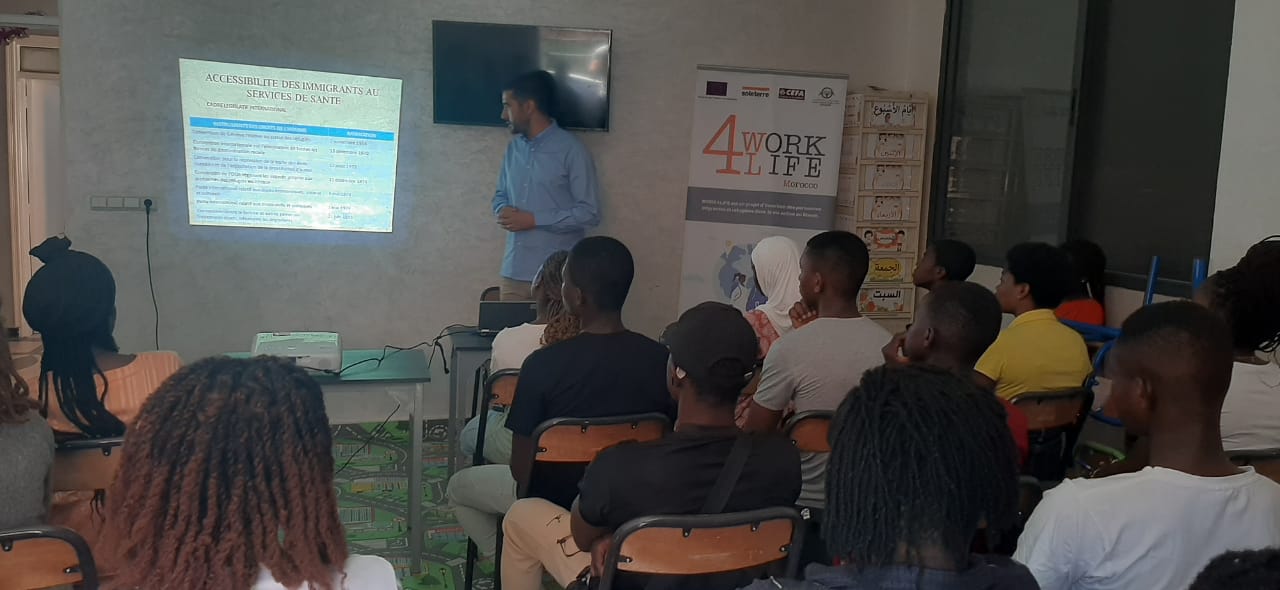
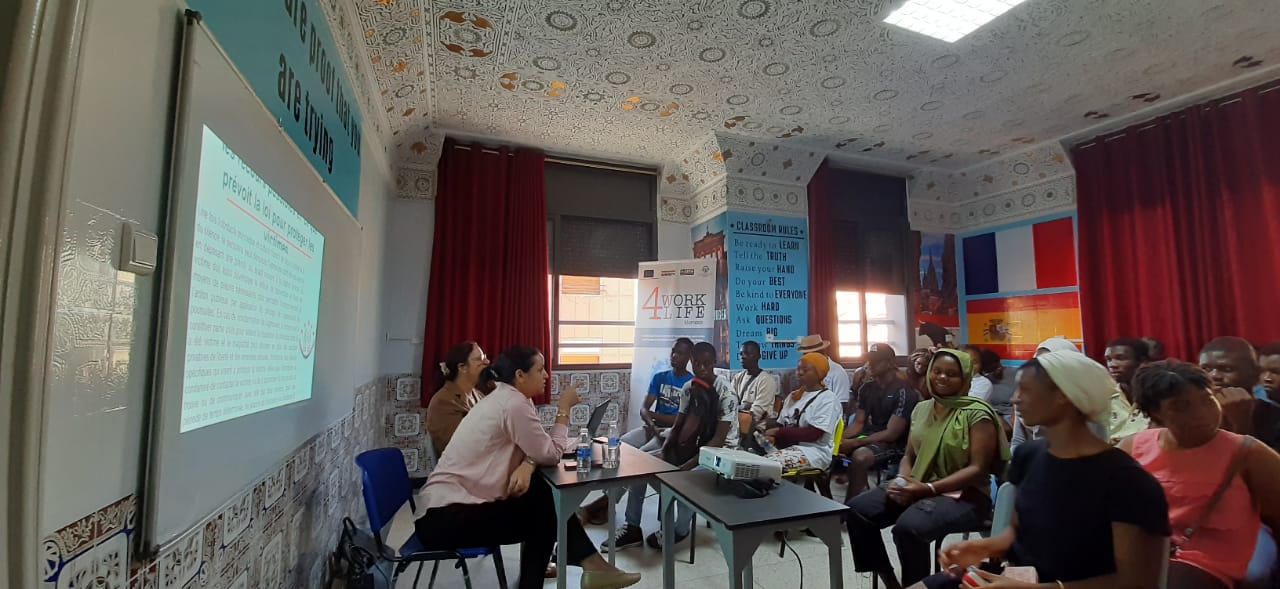
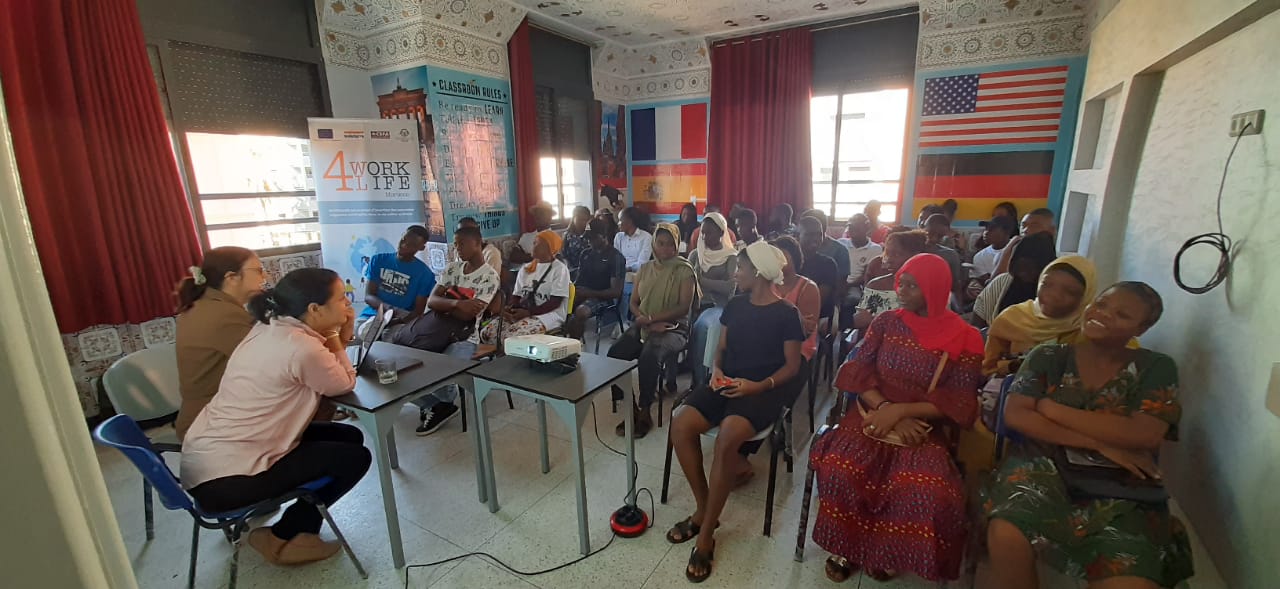
Looking to be part of this project or partner with us?
Explore More Projects
Appui à l’entrepreneuriat chez les jeunes AEJ Azilal
Read More >
ASSURIF/ⴰⵙⵓⵔⵉⴴ: A step towards the socio-economic empowerment of vulnerable women and youth.
Read More >
